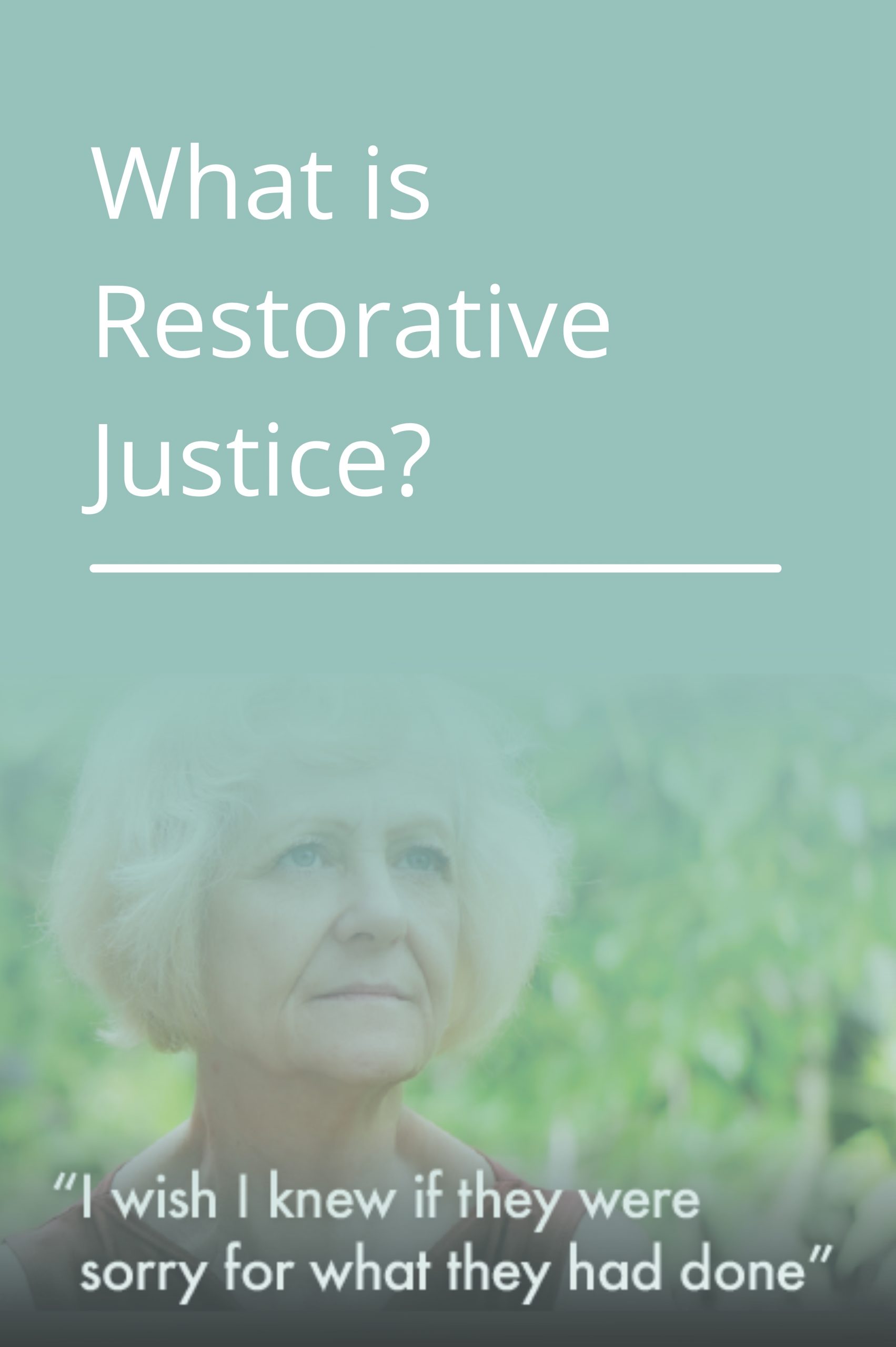What is Restorative Justice?
Restorative Justice (RJ) gives those who have been affected by anti-social behaviour or crime the opportunity to explain how they have been affected to the person who has caused the harm, and have a voice in deciding on how that harm may be repaired.
The initiative offers a different approach to dealing with neighbour disputes, crime and community tensions by empowering people. Restorative Justice is all about helping people to communicate following a crime. It provides victims with a chance to explain the impact of the offence and ask questions and it helps offenders to explain their actions and offer an apology. Involvement in Restorative Justice is voluntary and confidential.
Restorative Justice is a voluntary process and can be utilised for resolving anti-social behaviour or crime through the Community Resolution or Conditional Caution processes. It can also be used as an effective tool to rehabilitate offenders post-conviction, as it highlights the real impact of their crimes, often changing attitudes, leading to a real change in behaviour.
About Restorative Justice:
- Restorative Justice is a voluntary process whereby safe communication between the victim and offender is facilitated
- This communication can be face to face (direct meeting) or letter/verbal (indirect)
- Risk assessing is completed for both parties to ensure that they are suitable for the process and any posing risks can be managed effectively.
- Restorative Justice will not reduce an offenders sentence.
- UK Government research of Restorative Justice, of over seven years, found that 85% of victims who took part were satisfied. Expert criminologists also found that there was a 27% reduction in reoffending rates for those who took part.

